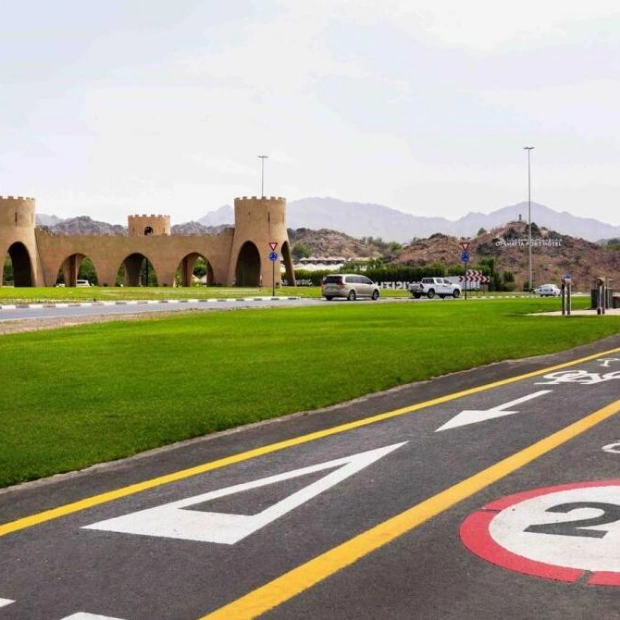As the holiday and shopping season approaches, research indicates that top Middle East retailers are progressively enhancing their email security protocols, thereby safeguarding customers from the potential dangers of email fraud. According to an analysis by Proofpoint, a leading cybersecurity and compliance firm, a significant majority of Middle East retailers (90%) have implemented a Domain-based Message Authentication, Reporting, and Conformance (DMARC) record. Notably, 40% of the top 20 retailers have adopted the strictest DMARC policy ('reject'), a slight improvement from last year when only 30% had this policy in place.
These insights are derived from a DMARC adoption study of the leading retailers in the Middle East. DMARC is an email authentication protocol designed to shield domain names from misuse by cybercriminals. It verifies the sender's identity before permitting a message to reach its intended recipient. DMARC offers three levels of protection: monitoring, quarantine, and rejection, with rejection being the most secure option to prevent suspicious messages from reaching the inbox.
A study by IMARC projects that the Middle East retail market will expand by 4.21% from 2024 to 2032, fueled by population growth and a shift towards online shopping. With increased retail activity, attackers are employing new strategies to exploit their targets. Emile Abou Saleh, Regional Director for Middle East & Africa at Proofpoint, emphasized the importance of deploying authentication protocols like DMARC to support the growth and security of the retail sector.
Email remains the primary threat vector, and phishing emails can direct users to unsafe websites that collect personal data. Proofpoint advises accessing advertised deals directly by typing the website address into a browser and entering special offer codes at checkout to verify their legitimacy. Additionally, using a password manager and multi-factor authentication can enhance online security.
Source link: https://www.khaleejtimes.com






